The informal EU agriculture ministerial meeting takes place at the Palacio de Congresos y Exposiciones of Córdoba from 3 to 5 September.
Ministers debate the role of new technologies as a tool for making agriculture more resilient to climate change, including the latest gene editing techniques.
The working sessions discuss how to address the growing global food insecurity caused by climate change, economic crises and conflicts. These are challenges that seriously jeopardise the achievement of the goal of eradicating hunger and malnutrition, included in the 2030 Sustainable Development Strategy.
Highlights of the agenda of the informal ministerial meeting on Agriculture
Innovation in plant breeding
One of the legislative proposals the Spanish Presidency of the Council of the EU promotes concerns plant varieties produced using new genomic techniques (NGT), presented by the European Commission on 5 July.
NGTs, as opposed to genetic modifications, make it possible to develop in a precise manner, plant varieties better adapted to the new conditions derived from climate change, especially those related to drought. The aim is to develop seeds and plants resistant to pests and diseases and use fewer natural resources, less fertiliser and fewer plant protection products. The result: more sustainable and profitable production for farmers.
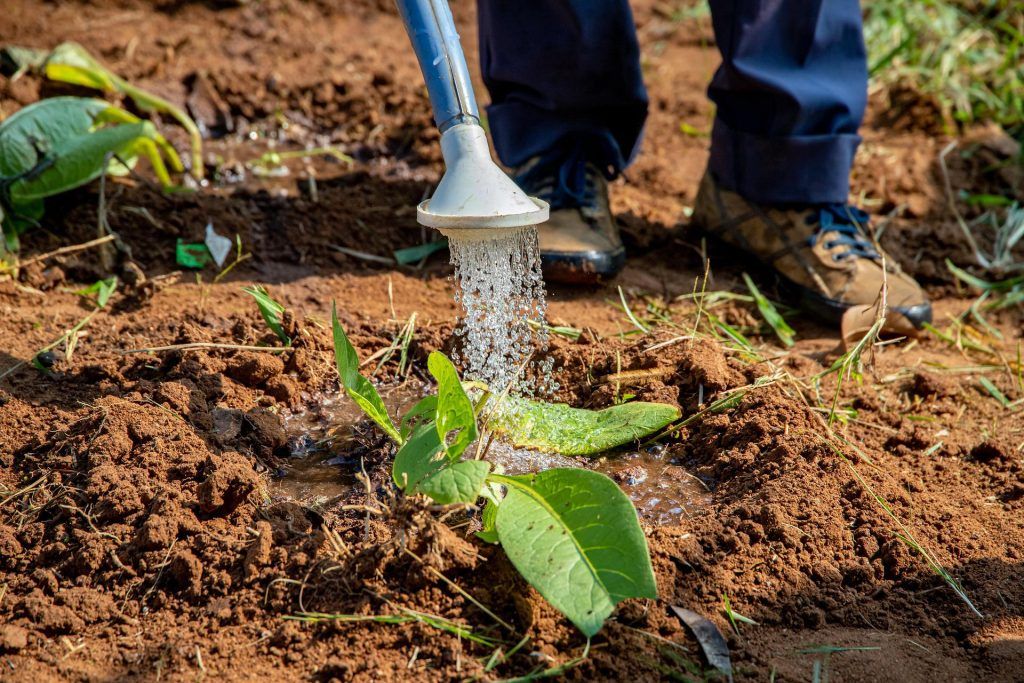
European Green Deal: more sustainable use of plant and soil natural resources |
The new legal framework will allow for this innovation to be used in the process of breeding new, more resilient varieties in a shorter period of time and at lower cost than current methods. It will also help the transition towards a more sustainable, productive and climate change-adapted model, which will also reduce the EU’s dependency on imports in the face of unstable political scenarios.
Sustainable food systems
The fundamental objective of the development and application of innovation and technology is to seek solutions towards a more sustainable agri-food sector, more profitable crops and a guaranteed food supply for the population.
In this sense, the European Union, in line with the action led by the United Nations, is committed to the transformation towards sustainable food systems that guarantee food security. To this end, research and innovation are key, as well as taking advantage of the resources and synergies that digitalisation and the ecological commitment allow.
More information: Presidencia Española – Consejo de la Unión Europea

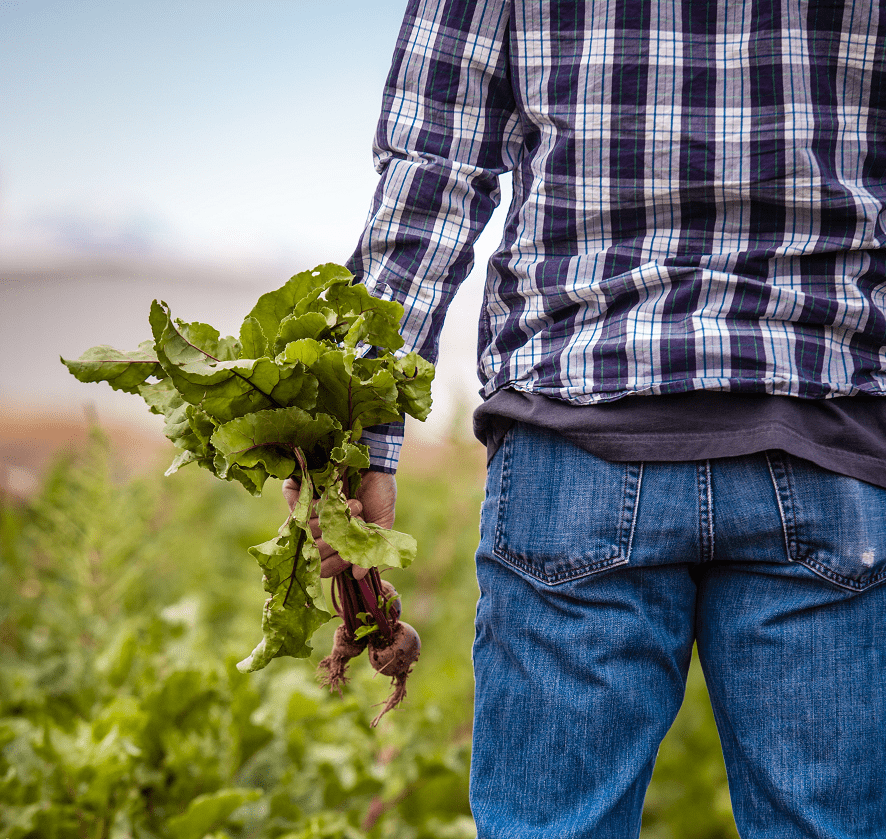


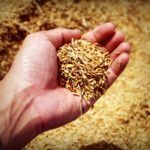
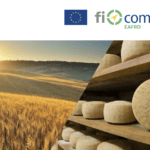
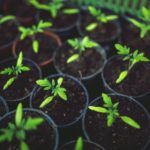
Leave a Reply